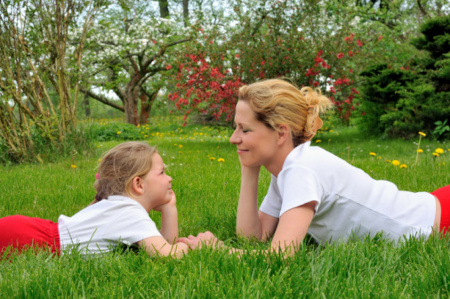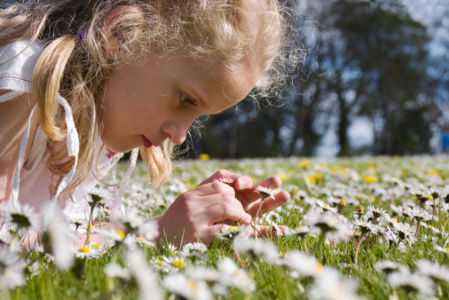The Most Important Things to Teach Our Children
0 Comments
Respect
Teach a child respect by showing respect. Be honest; admit when you have done something wrong and apologize. Be positive; never humiliate or insult your child. Allow your child to make choices and take responsibility. Listen to your child’s side of the story before reaching a conclusion. Be polite; knock before entering your child’s room and use “please” and “thank you”. Keep promises. Be an attentive listener. Being respectful helps a child succeed in life. Photo: Getty Images

Believe in Yourself
To be successful in life as a good human being a child should believe in himself. When others say that he is incapable, a child who believes in himself will not listen to the naysayers and will take a can-do attitude. You can help your child achieve this goal by nurturing self-esteem, a positive attitude and self-confidence. Photo: Getty Images

Cooperation versus Competition
Darwin’s theory of evolution teaches us that competition is a survival resource useful to the process of a society and the longevity of the individual. The challenge to survival in the 21st century is to teach our children cooperation versus competition. Eliane Leao, Ph.D., recommends we encourage our children to volunteer, make even the smallest donation to others in need, be intolerant of intolerance, foster a love of animals, be vocal against human rights violations and protect natural resources by reducing, reusing and recycling. Photo: Getty Images

To Wonder and Ask Why
For a young child, the world is filled with wonders. Encourage your child to question, and guide her in ways to find answers. Also, help you child learn that there are some questions that do not have answers yet. Foster a healthy curiosity about nature, science and how things work. Photo: Getty Images

Resilience
“Resilience is important because it is the human capacity to face, overcome and be strengthened by or even transformed by the adversities of life. Everyone faces adversities; no one is exempt,” says Edith H, Grotberg, Ph.D., who is a developmental psychologist. You promote resiliency when your child knows that he has people whom he can trust, who love him, set limits and are good role models. Knowing that he is a person others like and love, is respectful of himself and others, has concern for others, and taking responsibility fosters resilience in a child. A resilient child can talk to others about his fears, can problem solve, has self-control, and know who and when to ask for help. Photo: Getty Images
Add a CommentComments
There are no comments yet. Be the first one and get the conversation started!